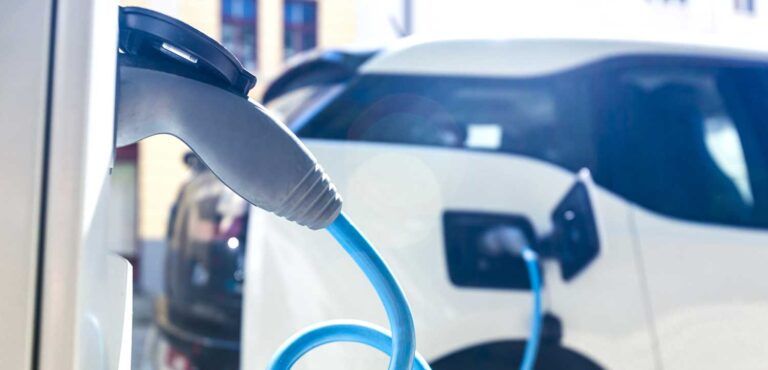When you’re considering buying a new car, you’re likely thinking about more than just the sticker price. A crucial factor for many buyers is the resale value, or how much the car will be worth when it’s time to sell it. For a long time, the resale value of traditional gasoline-powered cars has been relatively predictable. But what about electric vehicles (EVs)?

The electric car market is evolving rapidly, and the question of resale value is one of the most common concerns for potential buyers. Will your shiny new EV hold its value, or will its battery pack make it a depreciating asset? This article will break down the factors that influence the resale value of an electric car and provide a clear outlook on this critical topic.
The Factors That Drive EV Resale Value
The depreciation of an electric car is a complex issue, influenced by a few unique factors that don’t affect their gasoline counterparts.
- Battery Health and Technology: The battery is the heart of an electric car, and its health is the single biggest determinant of the car’s resale value. Just like a smartphone battery, an EV battery’s capacity diminishes over time. A buyer will want to know the “State of Health” (SOH) of the battery—how much of its original capacity it retains. Additionally, battery technology is improving at a rapid pace. A car with an older, smaller-range battery might be less desirable a few years from now compared to newer models with longer ranges and faster charging times.
- Range Anxiety: While range is a key selling point for new EVs, it can be a source of anxiety for used car buyers. The fear that an older battery won’t be able to handle a daily commute or a long trip can significantly lower a car’s resale value.
- Government Incentives: Many new EVs are purchased with the help of government tax credits or rebates. These incentives often do not apply to used vehicles, which can create a significant price difference between a new car and a slightly used one, thereby affecting the resale value of the used EV.
- Market Perception: The perception of EVs is changing, but there is still some hesitation. Potential buyers might be worried about the cost of battery replacement, which can be thousands of dollars, or the availability of charging infrastructure. As the market matures and more people become comfortable with EVs, this perception will improve.
The Current Outlook: Good News and Bad News
So, where do things stand today? The good news is that the resale value of many popular EV models is actually holding up quite well, and in some cases, even outperforming traditional gas-powered cars.
- The Good News: High demand for EVs, especially those with good range and fast-charging capabilities, is helping to keep used prices high. Tesla models, for instance, have historically held their value exceptionally well due to strong brand loyalty and a reputation for long-range batteries. Used EVs also have an advantage in terms of maintenance. Without an engine, there are no oil changes, spark plugs, or exhaust systems to worry about, making them attractive to budget-conscious buyers.
- The Bad News: The rapid pace of technological advancement means that older models with shorter ranges and slower charging speeds might depreciate faster than newer models. A used EV with an 80-mile range, for example, is likely to be much less valuable than a newer model that can go 250 miles or more on a single charge.
Conclusion: A Calculated Investment
The resale value of an electric car is not as simple as checking a blue book. It’s a calculated investment that depends on the car’s battery health, technological relevance, and the evolving market. While there are still some unknowns, the trend is positive.
If you are considering an EV, focus on models with a strong reputation for battery durability and a long-range. Keep your car well-maintained and store all service records, especially those related to battery checks. By making smart choices and taking good care of your vehicle, you can help ensure that your investment in a greener future holds its value for years to come.